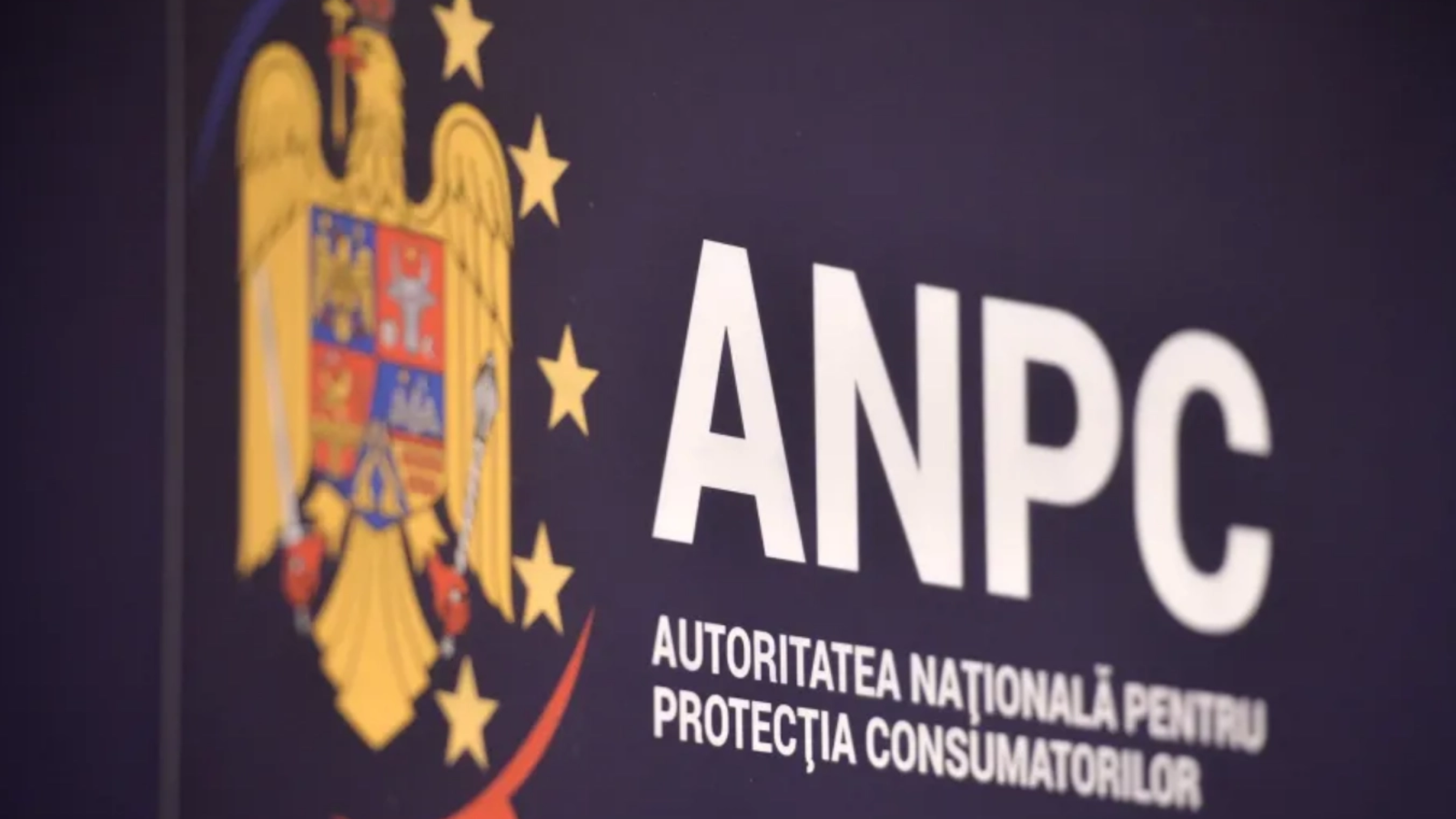The initiative of the National Authority for Consumer Protection (ANPC) to inform consumers by economic operators regarding the commercial mark-up applied in relation to the purchase price is a measure contrary to the actions that the European Commission intends to take to create fair competition conditions between EU and non-EU traders, claim representatives of ten professional organizations, in a joint position published on Friday.
According to a press release from the Concordia Employers' Confederation, transmitted to AGERPRES, the position document regarding the Order of the President of the ANPC, published in public consultation on March 18, 2025, is co-signed by: AmCham, Romanian Business Leaders, CCIFER, AHK, Foreign Investors Council, British-Romanian Chamber of Commerce, Netherlands - Romanian Chamber of Commerce, Italian Chamber of Commerce for Romania and Belgian Luxembourg Romanian Moldovan Chamber of Commerce.
The draft Order of the President of the ANPC regarding the information of consumers by economic operators regarding the commercial mark-up applied to products sold in relation to the purchase price, published in public consultation on March 18, 2025, would establish obligations on economic operators to display the commercial mark-up applied for each product sold, in relation to the purchase price, as well as the import price, respectively the price of the first distributor.
"The proposed amendment violates the principle of the free market and trade secret. Current legislation, both at European and national level, maintains a balance between consumer information and competition protection. Specifically, the Proposed Measure would lead to the violation of art. 8 of Competition Law no. 21/1996 (Competition Law), which prohibits any actions or inactions of administrative authorities and institutions that restrict, prevent or distort competition, by limiting the freedom of trade or the autonomy of enterprises, respectively establishing discriminatory conditions for the activity of enterprises. In the present case, it interferes with the price formation and commercial strategies of economic operators and may thus lead to the distortion of competition by making commercially sensitive information excessively transparent", are the opinion of the signatories of the position paper.
In their view, the project exceeds the scope of ANPC's powers and, moreover, does not represent a necessary instrument to protect the legitimate rights and interests of the consumer; on the contrary, "it will lead to restrictive effects on competition, to the detriment of consumers."
"The ANPC initiative to issue the Planned Measure is contrary to the actions that the European Commission intends to take to create fair competition conditions between EU and non-EU traders (elimination of customs duty exemptions for non-EU purchases below a certain amount, coordination of market surveillance authorities for the uniform application of EU legislation to non-EU entities). Compared to non-EU traders and online platforms, the traders and online platforms targeted by the Project already apply procedures to ensure clear and correct information to consumers and to block the introduction on the market of unsafe or non-compliant products. Directive 2011/83, transposed into national legislation by GEO 34/2014, establishes clear obligations to inform consumers in online commerce, harmonized at European level. Equally, EU traders and platforms are subject to clear consumer protection rules, under Regulation 2022/2065 on a single market for digital services ('DSA Regulation') and Regulation 2023/988 ('GPSRg Regulation')," the cited source emphasizes.
At the same time, the envisaged measure risks having an impact on the way in which resellers label products, on the arrangement of shelf space, as well as generating major logistical problems, in keeping records/communicating mark-ups along the procurement chain, import prices and/or first distributor prices, as the case may be, all of which may have a direct effect on resale prices.
"We believe that the planned measure would represent an unwanted intrusive behavior of the state towards the business environment, would create a hostile investment climate in certain sectors of the economy in an already complicated geopolitical context, and, as such, we reiterate our request to reject the project in its entirety (...)," the Concordia press release states.
































Comentează